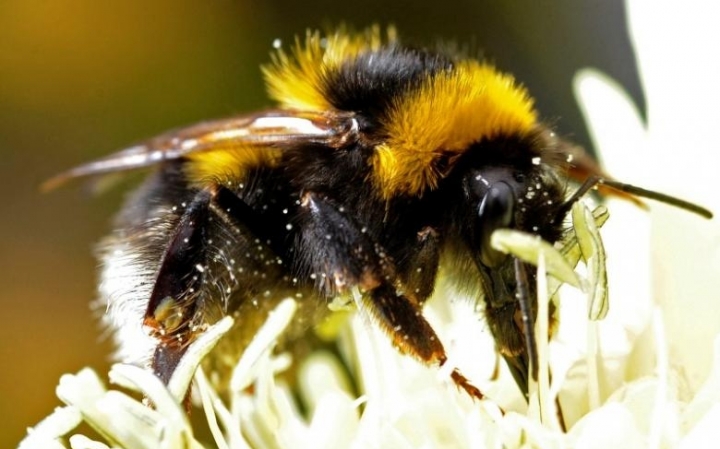Neonicotinoids linked to wild bee declines, long-term study shows

Wild bees that forage from oilseed rape crops treated with insecticides known as neonicotinoids are more likely to undergo long-term population declines than bees that forage from other sources, according to the findings of an 18-year study.
The new research covered 62 species of bee found in the wild in Britain and found a link between their shrinking populations and the use of neonicotinoid pesticides.
Neonicotinoids are used worldwide in a range of crops and have been shown in lab-based studies to be harmful to certain species of bee - notably commercial honeybees and bumblebees.
The European Union limited use of the chemicals - made and sold by various companies including Bayer CropScience and Syngenta - two years ago, after research pointed to risks for bees, which are crucial for pollinating crops.
Neonicotinoids were initially licensed for use as a pesticide in Britain in 2002. By 2011, the proportion of UK oilseed rape seeds treated with them was 83 percent, according to the researchers leading this latest study.
Read more on Reuters.